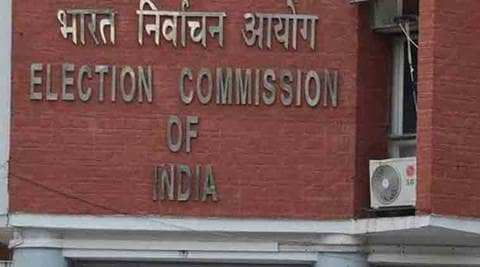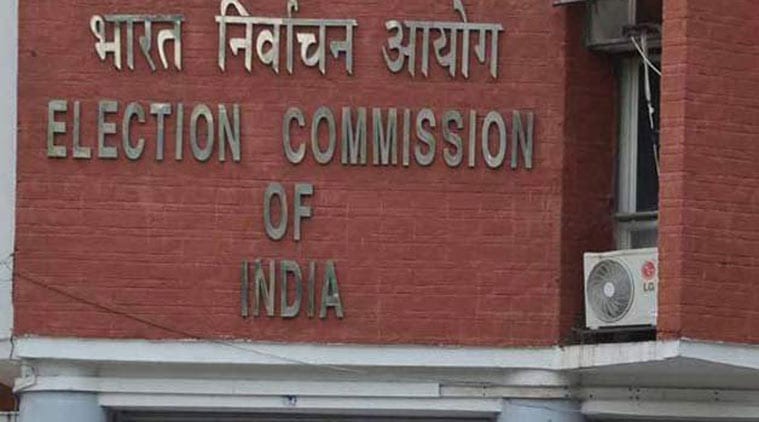Opinion Cap on anonymous donations may prove vital to clean political parties of dirty money
The scale of the problem was revealed recently in a report by Association of Democratic reforms which showed top national parties and scores of regional parties were reporting income from unknown sources.
 Election Commission, Exit polls, Exit polls EC, Astrology exit polls, Exit polls astrologers, Election Commission astrologers, Assembly elections exit polls, India news, Indian express
Election Commission, Exit polls, Exit polls EC, Astrology exit polls, Exit polls astrologers, Election Commission astrologers, Assembly elections exit polls, India news, Indian express  (File Photo)
(File Photo)
The Election Commission of India seems to have found the last piece of the puzzle to curb illicit money coming into the political system in the form of political party funding. Finance Minister Arun Jaitley, heeding to Election Commission of India’s request, reduced anonymous donation limit for a single donation to political parties from ₹ 20,000 to ₹ 2,000 earlier this year. According to Sunday Express, the commission is now pushing for a cap on anonymous cash donations that a party can receive i.e. ₹ 20 crore gross amount or 20% of the party’s annual receipts, whichever is less.
The loophole, it seemed in the government’s plan was only the lack of a cap on anonymous funding. This move would mean that parties would have to rely on accounted donations either above the ₹2,000 mark or those coming from the cheque/digital/electoral bond route.
Helping the grand design, parliament approved amendments in the Finance Bill 2017, recently and significant changes are now in the offing in the manner political parties are funded. Relaxation of corporate funding to political parties would give a better and cleaner channel for party funding.
The scale of the problem was revealed recently in a report by Association of Democratic reforms which showed top national parties and scores of regional parties were reporting income from unknown sources.
The report brought out in January this year showed that 71 percent of political funding for national parties was coming from unknown sources while for regional parties, 58 per cent money was from anonymous sources.
ADR studied income data of six national political parties–Indian National Congress, Bharatiya Janata Party, Bahujan Samaj Party, Nationalist Congress Party, Communist Party of India and Communist Party of India (Marxist). It also studied 51 regional parties. It held that out of the total receipts of ₹11,367,34 crore, the money from unknown sources was ₹7,832.98 crore.
The report had highlighted that in filing their returns to the Income Tax department, parties were reporting the anonymous cash donations allowed to parties under ₹20,000 as money coming from coupon sales, relief fund, monetary voluntary donations etc. A few months ago, the Supreme Court dismissed a petition seeking all political parties to disclose the source of all the income. 83 per cent of money from Congress party’s coffers and 65 per cent from that of BJP’s, top two on the list in terms of amount of receipts, was from unknown sources.
BSP’s 95 per cent income was from anonymous sources and 86 per cent for the Shiromani Akali Dal as well. The report also observed that the BSP repeatedly declared no individual donation of or above ₹20,000.
With the new set of reforms, it seems that political parties will find themselves in a tighter spot and it will be tougher to use these parties as a conduit to launder black money.






